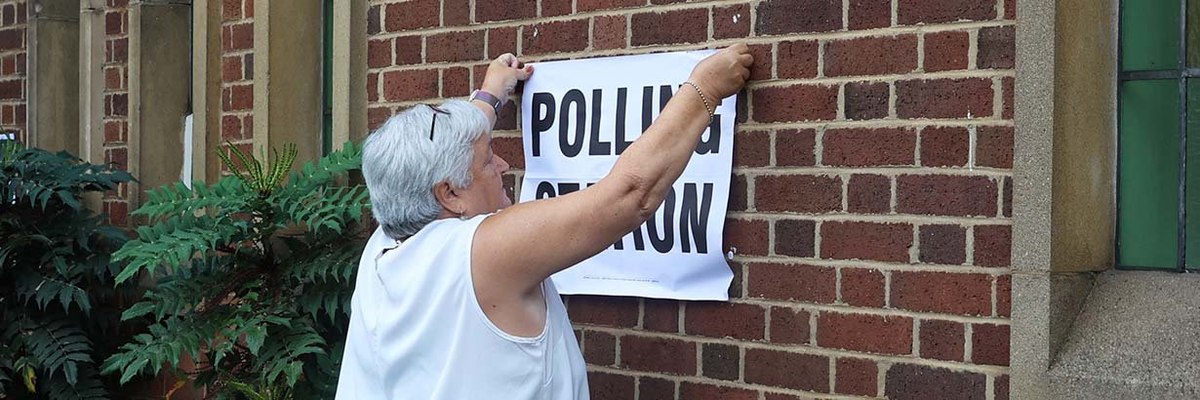Half of Britons would find an election in December or January 2025 unacceptable
Earlier this year, Rishi Sunak cooled talk of an imminent general election by suggesting that it will likely be in the second half of 2024.
Despite pundits suggesting October or November are now the most likely time voters will be called to the polls, the general public would still be a lot more content with an election in spring.
Asked about every month up until January next year (the latest date Sunak could hold an election), May is the most favoured month to hold an election, with two thirds (68%) saying this would be acceptable compared to just 13% who would find it unacceptable. The next most popular months are June (64%) and April (61%).
A majority of Brits would also be happy with a September (55%) or October (55%) election but just 46% see November as acceptable. One in three (35%) think November would be an unacceptable time to hold the election.
There is a similar split when it comes to August, when many families will be enjoying their summer holidays, with around half (49%) seeing an election as acceptable during this time and 31% thinking it would be unacceptable.
The public would be least content if Sunak was to serve pretty much the remainder of the parliamentary term, and hold an election in December or January. Just 30% and 32% respectively consider each of these acceptable election months.
There is a clear partisan divide when it comes to how soon the election should be. Those intending to vote Labour are far more likely to think a spring election would be acceptable, while Conservative voters would prefer an autumn election. That said, neither sets of voters are keen on a repeat of 2019 with a December election.
Public split on how election dates should be decided
The Fixed-term Parliaments Act was removed in 2022, meaning the prime minister can choose the date of a general election – a fact that 70% of the public are already aware of. Just 9% think elections happen every five years on a fixed date.
There is a divide when it comes to which of these two options Britons would prefer though, with a third (33%) opting for a fixed date five years after the last election, and 37% saying they’d prefer the prime minister to decide. While current Labour voters are also split on the issue, current Conservative voters favour the prime minister deciding by 64% to 24%.
There does seem to be some discrepancy, however, among those who would favour a five year fixed date in the abstract and what they want in practice. Despite their claimed preference, just 28% would actually find a December election acceptable (five years on from the last election) compared to 61% who think it would be unacceptable.
Photo: Getty







